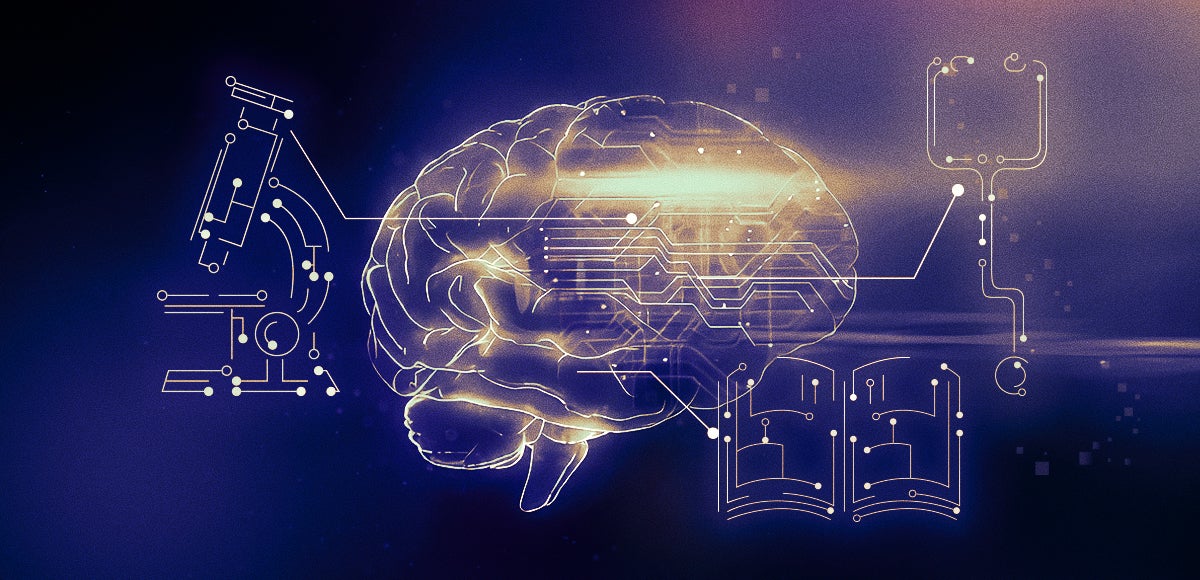Artificial intelligence, or AI, is changing our world in countless ways. From virtual personal assistants like Siri and Alexa to self-driving cars and advanced medical diagnoses, AI is rapidly advancing and transforming industries across the board. But what does the future of AI hold, and how will it continue to change our world?
One of the most promising areas of AI development is in healthcare. AI algorithms can analyze massive amounts of medical data to identify patterns and make predictions about patient outcomes. This can lead to more accurate diagnoses, faster treatments, and better overall care. For example, AI-powered systems can interpret medical images, such as X-rays and MRI scans, to help radiologists detect cancers and other illnesses earlier and more accurately.
Another exciting application of AI is in transportation. Self-driving cars, which are powered by AI algorithms, have the potential to revolutionize the way we travel. They could reduce traffic congestion, improve safety, and make transportation more accessible to those who are unable to drive themselves. Additionally, AI can be used to optimize logistics and supply chain management, improving the efficiency of the transportation industry as a whole.
AI is also changing the way we work. Automated systems are taking on increasingly complex tasks, such as data analysis and customer service, freeing up human workers to focus on higher-level tasks that require human creativity and problem-solving skills. This could lead to a more productive and fulfilling work environment, as well as a more diverse and inclusive workforce.
However, as with any new technology, AI also presents challenges and risks. One of the biggest concerns is the potential for AI to replace human jobs, leading to widespread unemployment and economic inequality. Additionally, there are concerns about privacy and security, as AI algorithms may have access to sensitive personal data.
Overall, the future of AI is both exciting and uncertain. While it has the potential to revolutionize countless industries and improve our lives in countless ways, it is also important that we approach AI development with caution and consideration for the potential risks and challenges it presents. As such, investing in AI research and development, while also ensuring that human values and ethics are at the forefront of AI design, will be critical to shaping the future of this rapidly advancing technology.

